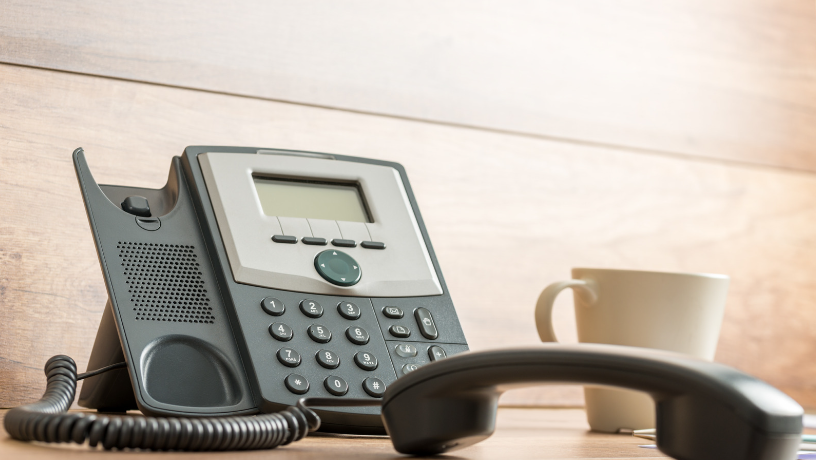Water is an essential but sometimes disregarded necessity for many UK businesses. Yet, business water bills can quietly add up to a significant overhead. Understanding your water use and expenditures, whether you own a small shop or a major manufacturing facility, can result in considerable savings.
Because of the open water market, business clients can now swap providers and select the best business water contracts. Working with water professionals like Utility Bidder may help companies compare pricing, estimate usage, and save money.
Understanding Business Water Bills
An average company water bill includes expenses for:
- Potable water (clean water made available for usage)
- Wastewater (foul sewage and drainage)
- Standing fees (for infrastructure upkeep)
- Metered tariffs (depending on water use)
- Retail charge (supplier service expense)
Surface water drainage, roadway drainage, and liquid waste disposal may all require additional fees.
Medium and large companies frequently pay more, owing to increased water demand and surface area, which contribute to drainage costs. However, understanding how your company uses water is the first step towards taking control.
Business Water Suppliers and the Open Market
Since 2017, businesses in the United Kingdom have had access to various business water providers. This competition has improved business customer service, bespoke contracts, and opportunities for companies to cut their water rates.
Various suppliers provide varying:
- Business water prices
- Potable water metered rates
- Wastewater metered rates
- Wastewater standing charge
- =Potable water standing charge
With commercial water rates changing often, completing a water cost comparison for businesses regularly ensures you are not overpaying.
Average Business Water Costs in the UK
Here’s a sample breakdown of average business water rates based on business size:
| Business Type | Potable Water Rate (£/m³) | Wastewater Rate (£/m³) | Standing Charge (£/year) |
| Small Business | 1.25 | 1.05 | 40 – 75 |
| Medium Business | 1.20 | 1.00 | 75 – 150 |
| Large Business | 1.10 | 0.95 | 150 – 300 |
Rates are indicative and vary by location and water supplier.
Conduct a Water Audit
A water audit comprehensively examines how much water is used, when, and where. This helps establish whether a firm is being accurately billed and whether more water is being charged than consumed.

Audits also expose inefficiencies such as:
- Leaking external pipes
- Outdated pumping systems
- Inaccurate water meter readings
- Incorrect sewerage allowance applied
Regular audits guarantee that your company only pays for what it needs.
Switch to Better Business Water Contracts
Many firms continue to use the default rates set by area suppliers. These are frequently not the cheapest options. You may experience more affordable rates in the first billing cycle if you explore your choices and switch to more competitive business water contracts.
When you switch suppliers, consider:
- Contract duration
- Fixed and variable business water rates
- Terms related to automated meter reading
- Customer support services
This is especially beneficial for seasonal businesses or those expanding their facilities.
Install Water Saving Devices
Water-saving gadgets are an easy way to save money on water bills. Devices like:
- Tape aerators
- Low-flow toilets
- Urinal flush controls
- Leak detection sensors
This may reduce water use by up to 30%, especially in high-traffic areas like hotels, schools, or businesses.
Upgrading your wastewater system may save expenses and minimise your carbon footprint for firms that handle liquid waste.
Educate Employees and Monitor Water Usage
Educating staff on identifying leaks, reducing waste, and implementing water-efficient methods may make a significant difference. Simple behaviours like turning off faucets and reporting leaky fixtures save hundreds of litres annually.
Track your water flows using automatic and smart meter readings. These give real-time data on water use, assisting in detecting unexpected increases.
Optimise Drainage and Sewerage Charges
Many businesses pay substantial sums for surface water drainage and dirty sewage without understanding how it is calculated. Charges often depend on:

- Surface area of your business premises
- Connection to sewage pipes
- Water returned to the sewer rather than utilised on-site
Review your drainage system and investigate options such as:
- Installing soakaways
- Rainwater harvesting
- Disconnecting from public drains, if legally permitted
These can cut wastewater expenses and even your electricity bill by relieving pressure on pumping systems.
Get Assistance from Business Water Experts
Navigating water bills may be challenging, especially when dealing with:
- Multiple locations
- Different business water tariffs per area
- Various water and sewerage services
Working with corporate water specialists might be beneficial in this regard. They may take meter readings, negotiate contracts, and determine if your company’s water prices fluctuate according to consumption trends or seasonal demand.
Final Tips to Save Money on Business Water
Here’s a brief review to help you reduce water bills for businesses:
- Compare and switch suppliers to get better pricing
- Perform a frequent water audit
- Fix leaks and keep track of water meter readings
- Implement water-saving technologies
- Lower surface water and roadway drainage charges
- Optimise your wastewater system
- Teach your troops
Whether you own a tiny cafe or a huge warehouse, controlling water expenditures is doable and beneficial.
Conclusion
Your business does not need to overpay for water supplies. With adequate monitoring, smart technology, and competitive business water providers, your water company will only pay for what is required.
Reviewing your business’s water bills will save money and contribute to a more sustainable and ecologically conscientious operation.


